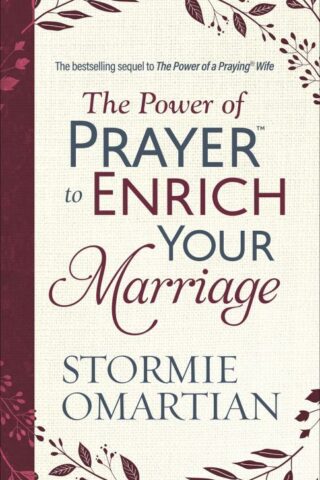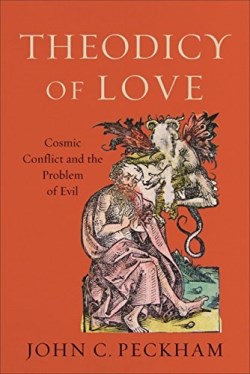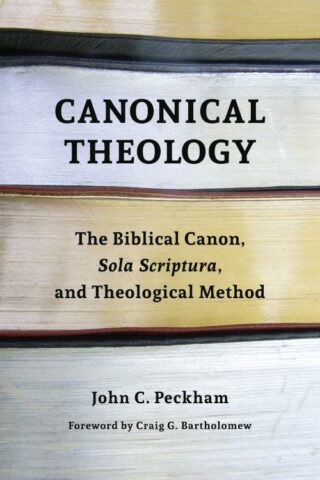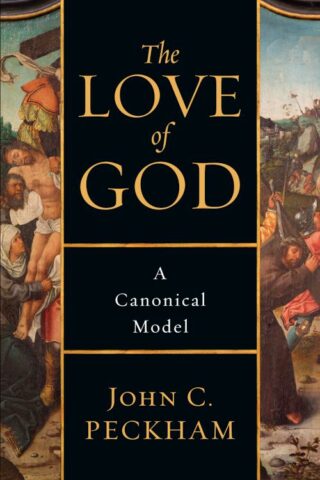John Peckham
Showing all 3 resultsSorted by latest
-
Theodicy Of Love
$30.00If God is all powerful and entirely good and loving, why is there so much evil in the world?
Based on a close canonical reading of Scripture, this book offers a new approach to the challenge of reconciling the Christian confession of a loving God with the realities of suffering and evil. John Peckham offers a constructive proposal for a theodicy of love that upholds the sovereignty of God and human freedom, showing that Scripture points toward a framework for thinking about God’s love in relation to the world.
Add to cartin stock within 3-5 days of online purchase
-
Canonical Theology : The Biblical Canon Sola Scriptura And Theological Meth
$38.99A theological case for the central, unique role of Scripture as canon
What is the role of canon and community respectively when it comes to understanding and articulating Christian doctrine? Should the church be the doctrinal arbiter in the twenty-first century? In Canonical Theology John Peckham tackles this complex, ongoing discussion by shedding light on issues surrounding the biblical canon and the role of the community for theology and practice.
Peckham addresses the relationship of canon, community, and theology by examining the nature of the biblical canon, the proper relationship of Scripture and tradition, and the interpretation and application of Scripture for theology. He lays out a compelling canonical approach to systematic theology – including an explanation of his method, a step-by-step account of how to practice it, and an example of what theology derived from this canonical approach looks like.
Add to cartin stock within 3-5 days of online purchase
-
Love Of God
$36.99For God so loved the world . . . We believe these words, but what do they really mean? Does God choose to love, or does God love necessarily? Is God’s love emotional? Does the love of God include desire or enjoyment? Is God’s love conditional? Can God receive love from human beings? Attempts to answer these questions have produced sharply divided pictures of God’s relationship to the world. One widely held position is that of classical theism, which understands God as necessary, self-sufficient, perfect, simple, timeless, immutable and impassible. On this view, God is entirely unaffected by the world and his love is thus unconditional, unilateral and arbitrary. In the twentieth century, process theologians replaced classical theism with an understanding of God as bound up essentially with the world and dependent on it. In this view God necessarily feels all feelings and loves all others, because they are included within himself. In The Love of God, John Peckham offers a comprehensive canonical interpretation of divine love in dialogue with, and at times in contrast to, both classical and process theism. God’s love, he argues, is freely willed, evaluative, emotional and reciprocal, given before but not without conditions. According to Peckham’s reading of Scripture, the God who loves the world is both perfect and passible, both self-sufficient and desirous of reciprocal relationships with each person, so that “whoever believes in him shall not perish, but have eternal life.”
Add to cartin stock within 3-5 days of online purchase








